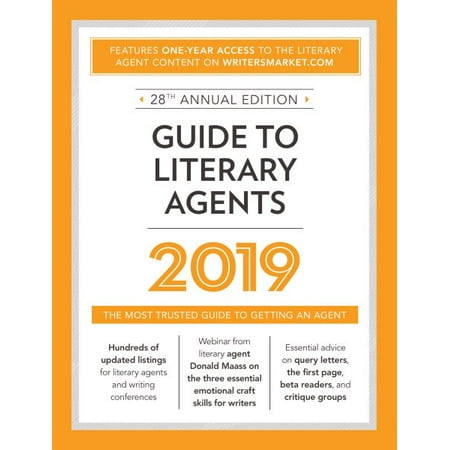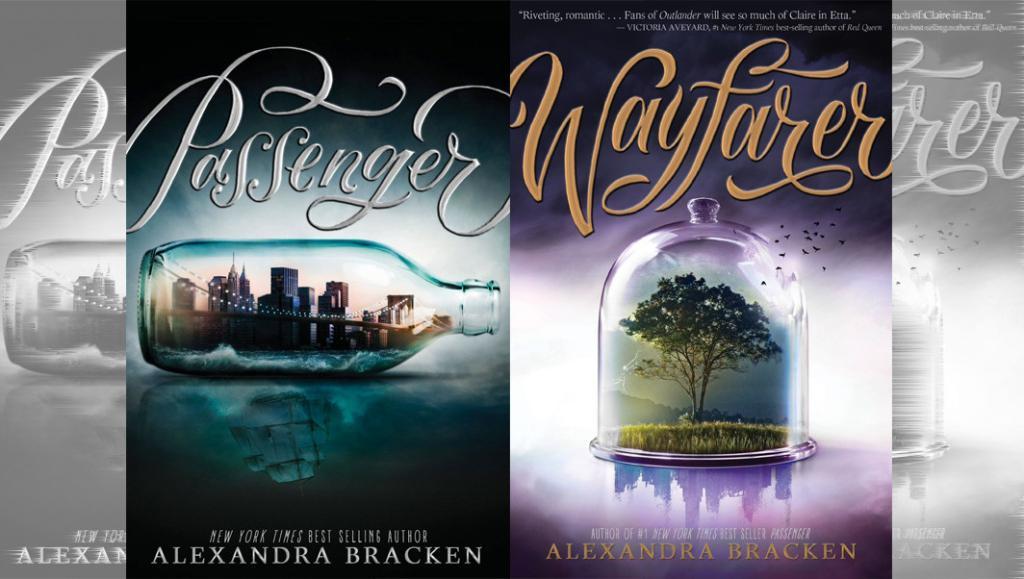Drawing from the Well

Queries Sent: 0
Total Queries: 35
Rejections: 8
Scenes Mapped: 0
Total Scenes: 304
Nothing to show here. Yesterday was a semi-lazy day where I was focused on some non-writing tasks. I got the blog done, but didn’t get to the writing portion. Today will be different.
Filling the Well

Bloodwitch: 33%
The Raven Boys: 87%
Totally fell down on the job here. Again, today will be different. I’m only a couple hours from the end of The Raven Boys so I need to get that knocked out so I can move onto the sequel. This book is so good!
Polishing the Well

My new book came today! And a week early at that. I’m reading through the early chapters which are all about advice for writers thinking they’re ready to seek representation. It’s good stuff. A lot of it I knew because I did a lot of research before I started this round of submissions, but I’m taking some notes too. Today, I intend to find my way to the agent listings and start building out the extension to my author list.
Well Chat
Lesser-known But Not Lesser-deserved

Yesterday I wrote basically Part 1 of the fantasy portion of this genre exploration series. Today, we revisit it for Part 2 to cover a few other subgenres I didn’t discuss yesterday.
To recap, fantasy is speculative fiction so something is made-up and does not exist. Whether this is magic or technology or an entire world is up to the discretion and interests of the author. Fantasy specifically typically involves magic of some kind. Magic systems interest me to no end. I can go down the rabbit hold learning about the minutiae of a magic system.
That’s one thing I didn’t go over yesterday was different types of magic systems. No, we’re not talking about the difference between Mistborn and Shades of Magic. I’m talking about hard and soft magic systems. When incorporating magic into a story, this is a decision that an author should make early on. One of the best descriptions I’ve ever seen of this is from Brandon Sanderson. He explains it thusly:
An author’s ability to solve conflict with magic is DIRECTLY PROPORTIONAL to how well the reader understands said magic.
Sanderson’s First Law of Magic

These two, much like hard and soft sci-fi (we’ll talk about it tomorrow), are on a continuum. Most authors would prefer to put their magic system into one bucket or the other, but when reviewing the market, you’ll see more near the midline than the extremes.

Now, soft magic is like Lord of the Rings (as stated by Sanderson). Magic is useful and can solve minor problems, but the reader doesn’t have a strong understanding of how the magic works. In these cases, things like using his staff to turn on a light are acceptable but “Gandalf doesn’t just fly Frodo to Mount Doom with magic, then let him drop the ring in” (biblio-link). This all goes back to the premise of suspension of disbelief. After a certain point, even magic strains credibility and undermines the tension in the book.

Hard magic systems, on the other hand, have specific rules that cannot be broken (at least the VAST majority of the time). These are my favorite and my specialty. A good example of this is in the Wheel of Time series. At the beginning of the series, only women can use magic because it drives men insane because of the taint and they can only use so much for so long or they burn themselves out. There are five types of magic and weaving them together in specific ways creates the spells that the Aes Sedai use. I like rules for magic because then you can get really creative in solving problems and it doesn’t strain credibility because what you’re doing with the magic is an extension of rules you’ve already established.
Now that we’ve gone off on that tangent about magic systems (fav topic!), let’s talk about some lesser-used subgenres of fantasy. One of the more popular and growing markets of fantasy that I’ve recently seen is paranormal romance. This is also a subgenre I don’t typically enjoy, but that does not diminish its existence. Paranormal fantasy’s magic is typically in tapping into the unseen in our world. So ghosts, angels and demons, spirits, etc. The romantic element is usually strong and tied into the main conflict. A great example of this that I really enjoyed was the Dark Cycle trilogy by Rachel A. Marks. I absolutely loved it and it helped me open my mind to this genre more.

Darker than that is the realm of dark or even grimdark fantasy. Game of Thrones is often classified as grimdark because not much happens that’s happy. It’s not even character deaths necessarily (though GoT has a WEALTH of those), but there’s just a lot of bad stuff happening all the time. Usually your celebration for what is happening on the page comes down to bad things happening to people the reader thinks deserve it. The opposite of this is Noblebright for which I have no examples, but you can imagine that it is very heroic and laden with lessons and morals.

Then there’s historical fantasy. This is often alternate history where magic exists in the Victorian or Edwardian eras. Sometimes this will morph into gaslamp or even light steampunk stories. Elise Kova’s Loom Saga is a great example of steampunk, though not so much historical fantasy. Alexandra Bracken’s Passenger duology does a great job of historical fantasy. The magic here is often light and acts as a gateway to the era or a minor modification thereof. The cleverness and intelligence of the prose is down to the characters’ actions (just as it should be).
There are other subgenres of fantasy as well as hybrids therein, but I chose these because I’m familiar with them and like them all. As always, this comes down to the writing being superb, but I do enjoy these when they succeed.
What are your favorite types of fantasy? Can you give me examples? Sound off and let’s chat. Happy Monday everyone.

May the tide carry you to safer shores.
BSG
